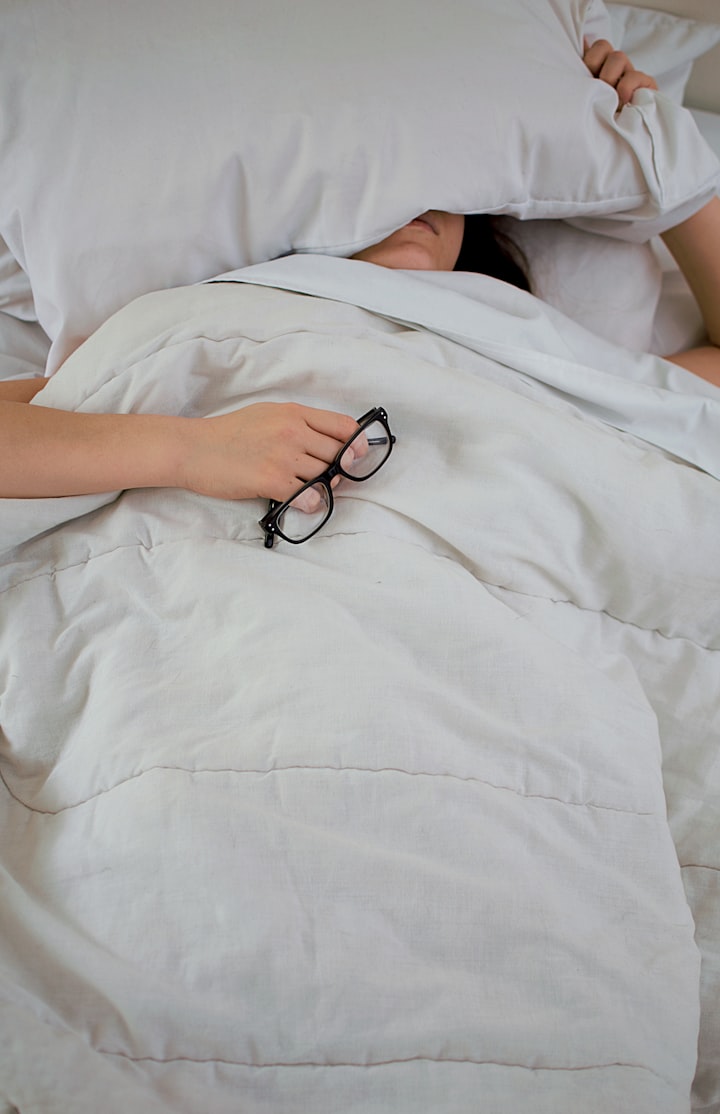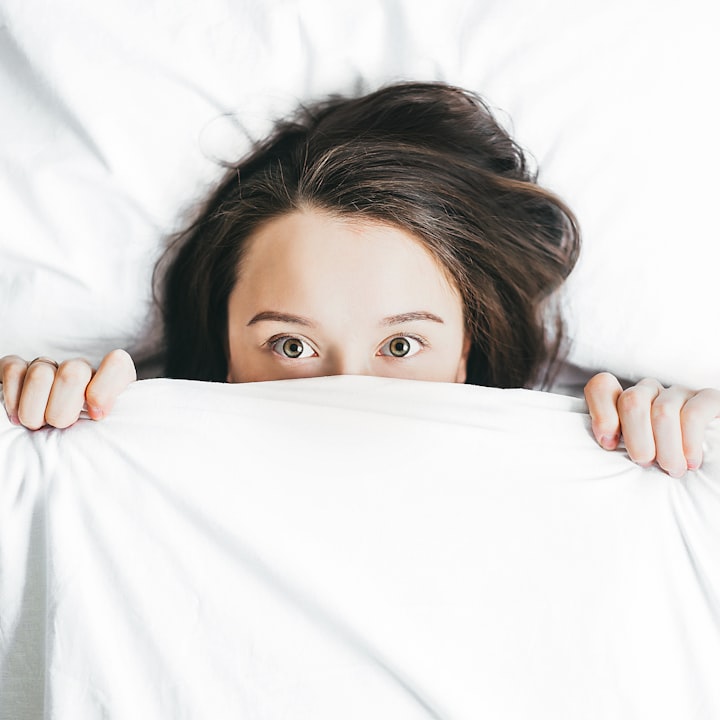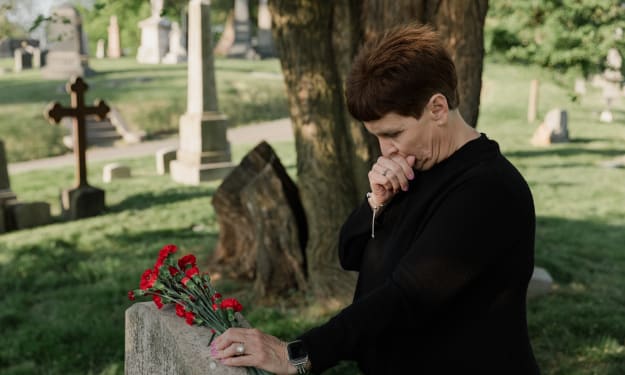To Sleep or Not to Sleep
The grand experiment

“Wouldn’t that be amazing? To get by on just 2 to 4 hours of sleep per night!” Jen exclaimed as we walked out of our Psychology classroom at university.
We had just learned about some sleep studies that argued that the conventional 8 hours of sleep was an unnecessary habit and that you could condition yourself to get by on just a fraction of that.
“I’m going to do it,” I said. “Between work and school, I need the extra time.”
“Not me,” Jen said. “I love my long slumbers. Besides, it will be so hard to reduce yourself down to such a small amount of sleep.”
“But if those researchers are right, all those hours of sleep are wasted. I need those hours! I’ll get so much more done!” I retorted.
And thus began my quest to rob more and more hours from my sleep. Jen was right. The “training period” was rough. I was tired all the time as I shaved down my slumber to an absolute minimum. But I was determined. I had always felt the pressure of not-enough-hours-in-the-day, and it was especially stressful as I tried to balance college and a job to pay for my education. I was often accused of “burning the candle at both ends,” but now I had scientific evidence to support my grand experiment.
By Spring I was down to 3 hours of sleep each night. I was smug about the success of my sleep regimen and confident that I was getting ahead of the game and accomplishing so much more. Others were not so convinced. My mother begged me to get more sleep. “You’re not functioning,” she insisted. “You’re going to collapse. You’re going to get sick!” My friends too expressed skepticism about the “success” of my sleep program. But I ignored their warnings and insisted that I never felt better. I was sure I had hit my stride and was performing at the top of my game. I felt in sync with the world.

And then, one morning as I was driving to class, the traffic light ahead of me turned red. And I lost it. That was not in my plan. The light was supposed to stay green as I sailed through. I needed it to be green. I had a schedule to keep. THAT was NOT supposed to happen!
In the midst of my meltdown, the faint little voice of reason that remained, gently said, “Donna, maybe you are NOT functioning as optimally as you think you are. Maybe you’re on the edge. Maybe you should get off this treadmill and get some rest.”
I realized in that moment that the light turning red, was not the tragedy it seemed to my overwrought self. I turned the car around and went home to take a nap.
In hindsight, of course, I understood that I had not been a very good judge of my own performance and that contrary to my insistence, I had not functioned very well over the past sleep-deprived weeks. I had been awake more hours, but I had been less productive and more on edge.
And those sleep studies we learned about? They’ve since been refuted. Sleep, it turns out, is not only a pleasant thing, but necessary for the well-being of our body and mind. These days, I make sure to guard my precious sleep time, knowing full well that it’s not about the quantity of the hours I have to be productive but the quality of them and I can only be my best, when I have given myself proper rest.
About the Creator
Donna L. Roberts, PhD (Psych Pstuff)
Writer, psychologist and university professor researching media psych, generational studies, human and animal rights, and industrial/organizational psychology






Comments (1)
That was some fantastic writing!